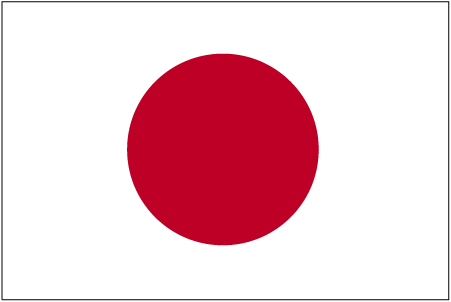IEEE International Conference on Granular Computing - GrC 2011
August 11 - 13, 2011
Sapporo , 日本


Granular Computing (GrC) is a general computation theory for effectively using granules such as subsets, neighborhoods, turples(ordered subsets), relations(subsets of Caresian products), fuzzy sets(membership functions), variables (measurable functions), Turing machines(algorithms),and intervals to build an efficient computational model for complex with huge amounts of data, information and knowledge. (See Granular Computing Informastion Center).
Though the label is relatively recent, the basic notions and principles are quite common, even ancient. For example, granulations of daily objects, such as human body, are ancient practices. The infinitesimal change that led to invention of Calculus, is the ancient intuition on the granulation of space and time.
Heisenberg uncertainty (a neighborhood of possible locations) is an integral part of modern physics (quantum mechanics). Information hiding in programming and divide-and-conquer in algorithm development are common practices of granular computing in computer science.
Fuzzy and rough set theories, neurosophic computing, quotient space, belief functions, machine learning, databases, data mining, cluster analysis, interval computing, more recently social computing, all of these involve granular computing.
Though the label is relatively recent, the basic notions and principles are quite common, even ancient. For example, granulations of daily objects, such as human body, are ancient practices. The infinitesimal change that led to invention of Calculus, is the ancient intuition on the granulation of space and time.
Heisenberg uncertainty (a neighborhood of possible locations) is an integral part of modern physics (quantum mechanics). Information hiding in programming and divide-and-conquer in algorithm development are common practices of granular computing in computer science.
Fuzzy and rough set theories, neurosophic computing, quotient space, belief functions, machine learning, databases, data mining, cluster analysis, interval computing, more recently social computing, all of these involve granular computing.
相关活动
IEEE International Conference on Granular Computing - GrC August 11 - 13, 2012
IEEE International Conference on Granular Computing - GrC August 11 - 13, 2011
IEEE International Conference on Granular Computing - GrC August 14 - 16, 2010










